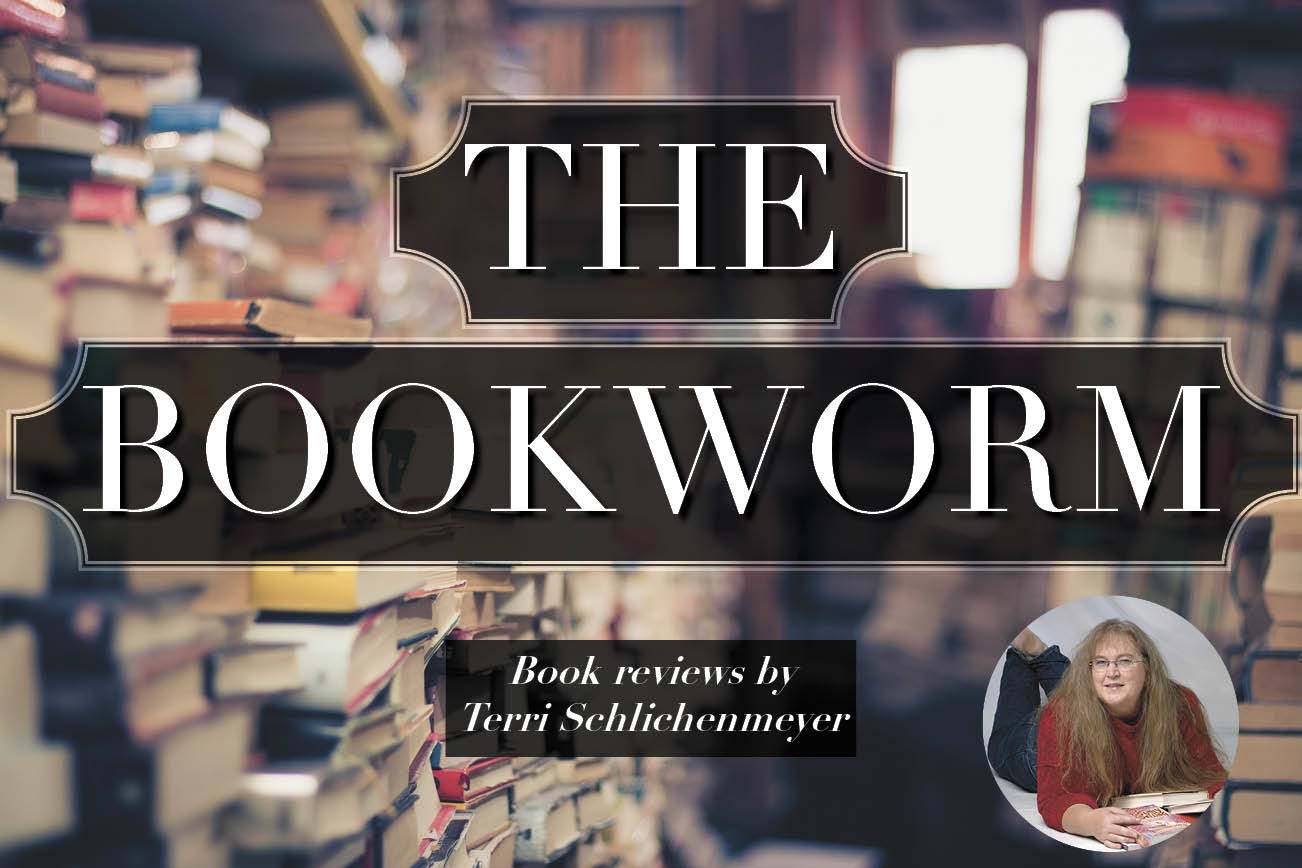That thing? You’re ready to let it go.
It sparks joy, but not enough. Or it doesn’t, and you’re not sure why you didn’t donate it before. Indeed, boxes of things are ready for giveaway and you’re looking at sparkling-clean digs. Did you do it yourself or, as in the new memoir, “Maid” by Stephanie Land, were you assisted by a stranger in your space?
When she was a young woman, Stephanie Land dreamed of becoming a writer.
In the meantime, she tended bar and thought of moving from Washington to Montana, where so many writers found home. She took odd jobs to get by, applied for college, and met a man who fathered her child, a girl that neither had planned on having.
Shortly after the baby was born, he told Land to leave.
Newly homeless and with daughter in tow, she landed in emergency housing, then in transitional housing, awaiting final paperwork that might’ve allowed for more stability. Her predicament was embarrassing and exhausting; she wanted to work, to pay her bills, and buy basic necessities. Instead, Land endured hours-long lines, applying for grants and cards and bandages to keep her afloat.
She became a statistic.
For Land, and millions of Americans like her, pulling oneself out of poverty is fraught with “fragile circumstances.” Land needed a job, but childcare was iffy and more income meant less help. No help meant no gas money to job-seek. With little support and few options, she started working as a paid-under-the-table, part-time housecleaner.
“My job offered no sick pay, no vacation… no foreseeable increase in wage,” she says, “yet… still I begged to work more.”
When “more” was not forthcoming, Land started her own fledgling business, hustling for clients, branching out to lawn care, and bartering for what she needed. Still, she endured humiliation and difficulties, until a client who didn’t see her as “invisible” gave her advice and a caseworker gave her a lifeline.
Your desk, bathrooms, conference room, your entire home sometimes seems to sparkle more than normal. You write a check each month to make it happen. Now “Maid” shows you who does the work.
This, however, isn’t a new story: author Stephanie Land begins with a few hindsight-regretful decisions and a paycheck-to-paycheck existence that’s lost, along with reliable shelter. Readers are likely familiar with this, and the seemingly-endless bureaucracy that comes next.
The narrative shifts considerably, once we reach the part in which Land takes a job as a housecleaner, but it’s not always a good shift. There, readers get an eloquently-written look at uncomfortable, complicated processes that seem designed to keep people from getting out of poverty. We also get a peek inside the life of a maid, but Land makes the work seem like last-ditch, last-chance employment. Housekeepers who love their jobs might beg to differ.
In her foreword, author Barbara Ehrenreich points out a happy ending inside this book; getting there will open your eyes wide. You’ll absorb “Maid” like a sponge. You won’t be able to let it go.


